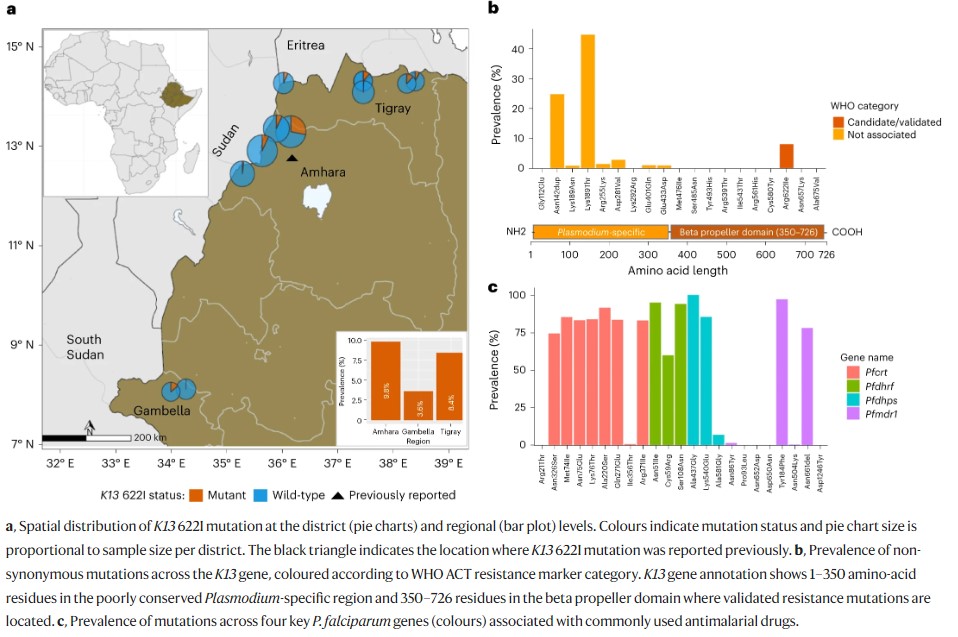Science has made it possible for Africa to feed itself, and more and more countries are beginning to push back against foreign activists fomenting hysteria against modern farming. Agriculture is not the only worry, though. Just like plants have evolved and now need up to 600 percent more organic weedkiller chemicals to be effective, parasites that cause malaria are also in a natural cycle that keeps them killing.
A genomic surveillance study reveals that scientists have detected new strains of malaria-causing parasites in Ethiopia that are both resistant to current treatments and escape detection by common diagnostic tests — a development that could increase cases and deaths from malaria and make eliminating the persistent disease an even greater challenge. That country joins Uganda, Tanzania and Rwanda in having strains of the parasite that causes malaria which are resistant to most available antimalarial drugs. A strain in the Horn of Africa is even resistant to diagnostic tests.

The standard method to diagnose malaria in Africa is through rapid diagnostic tests that detect specific parasite proteins in the blood that are highly expressed. The tests can confirm malaria even if the patient is asymptomatic. The parasites lacking the genes for these proteins have evolved to be invisible to the tests.
“Now we're essentially seeing the worst-case scenario: parasites with the mutation that make them resistant to treatment have also picked up the chromosomal deletions that make them invisible to the diagnostic tests,” says Dr. Jeffrey Bailey, associate professor at Brown University. “This means that it will be harder to detect people who are infected, and then when infected people are treated with antimalarial drugs, that may not work to stop them from spreading the disease.”
DDT is still common outside the US to prevent malaria, even the World Health Organisation reverted to science after caving in to environmental claims about the pesticide, but once malaria is contracted, the first-line treatment is a combination therapy involving artemisinin-based drug compounds, which tend to be very effective in preventing death and reducing transmission. The mutations now detected in Africa provide resistance to artemisinin.
In Ethiopia, the disease remains endemic in 75% of the country, with 65% of the population at risk. More than 5 million episodes of malaria occur each year. The new work is a concern because 8.2% of drug-resistant parasites also carried the deletions of the protein-expressing gene that made them detectable by the diagnostic tests.




Comments